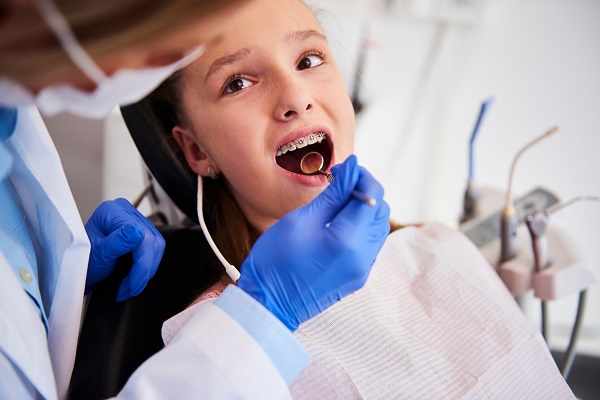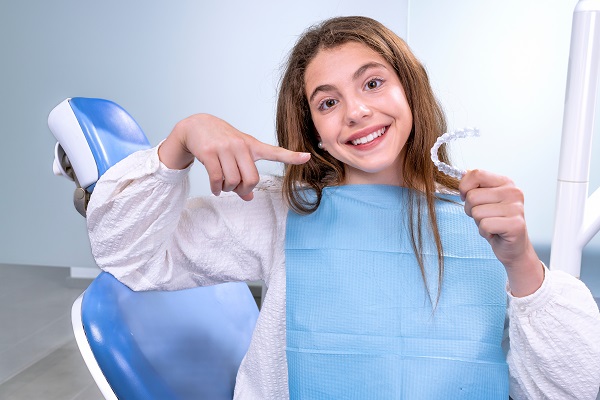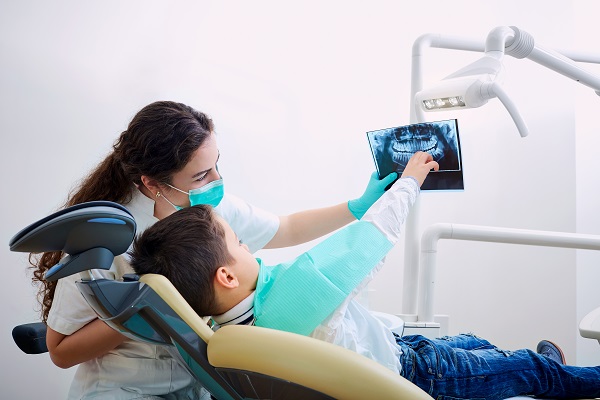Forming a Good Relationship with Your Orthodontist

Wondering how important your relationship with your orthodontist is? It is very important. Building a strong relationship with your dental professional is an ideal way for you to make sure that you are getting the necessary dental treatments. When you feel confident in the relationship that you have with your orthodontist, you are more likely to be open with them as well as make it to all of your necessary orthodontic appointments.
Orthodontists
You are more likely to visit your orthodontist when you have established a good relationship with them. You can also expect to receive a higher quality of care when you have a good relationship with your orthodontist because they are likely to know you, your history and your preferences. Whether you need their services for a few months or many years, when you experience a good relationship with an orthodontist, your treatment is likely to be more enjoyable and comfortable.
Tips for forming a good relationship with an orthodontist
The following is a list of tips that anyone can use to help them form a good relationship with their new orthodontist. Read on to make use of these tips!
Be open
When a dental patient is completely open, they will receive better orthodontic care. When a dental patient opens up about their dental needs and dental wants, as well as any past dental-related problems and any health-related problems that they have gone through, they are giving their orthodontist information that helps determine the right approach.
Be honest
Every dental patient needs to be very honest with their dental care provider. They should speak up when they feel that they have something to say, which any caring orthodontist will appreciate. When a patient is honest about what they want, they will receive better treatment because the dental professional has a better understanding of what the patient is hoping to achieve.
Ask questions
Many dental patients will sit in the dental chair without asking any questions about their overall oral health or any necessary treatments. Establishing a good patient-dentist relationship requires that questions be asked. A good orthodontist will be happy to answer any questions that their patients have.
Engage in conversations
Patients should feel free to engage in conversations, which do not always have to be centered around dental-related topics. Engaging in conversations allow both patients and orthodontists to see each other in a different light, which can lead to a long-term relationship. It can also make the orthodontic experience more enjoyable and comfortable for both parties involved.
Need a new orthodontist?
When you are in need of a new orthodontist, you need to find one who you feel completely comfortable with as this helps you establish a good relationship. When you enjoy visiting your orthodontist, you are much more likely to make it to all of your dental appointments. When you have a good relationship, you are more likely to contact them if any dental issues happen to arise. Having a good relationship with your orthodontist simply supports your good oral health.
Give us a call today so that we can find you the right orthodontist.
Are you considering finding an orthodontist in the Wayne area? Get more information at https://www.drsallysong.com.
Check out what others are saying about our dental services on Yelp: Orthodontist in Wayne, NJ.
Recent Posts
Even though braces are common among teenagers, getting them is a new orthodontic experience for every patient. Teens and their parents tend to have many questions about braces and other orthodontic treatments for teens, when to get braces, and what having braces will be like. Here are some of the most common questions orthodontists hear…
The primary goal of early orthodontic treatment is to prevent and fix bite misalignments. Several causes, including genetics, the premature loss of primary (baby) teeth, and harmful oral habits (like thumb sucking) may lead to such anomalies. Orthodontic abnormalities might be congenital or occur during early childhood. Straight teeth can reduce the incidence of dental…
Invisalign® has changed how willing teenagers –– and everyone else –– are to start teeth straightening treatments. It provides an alternative to traditional metal braces that is virtually impossible to detect. Invisalign® treatments work the same way conventional braces work, the aligner trays exert a force on the patient's teeth pushing their teeth into better…
Oral health is foundational to good overall health. Through the help of an orthodontist and bite correction, difficulties with chewing or speaking can be overcome. The inability to ingest food or clearly articulate impacts both physical and mental health. Bite correction has the potential to change the course of an individual’s health and wellness.Changes in…


